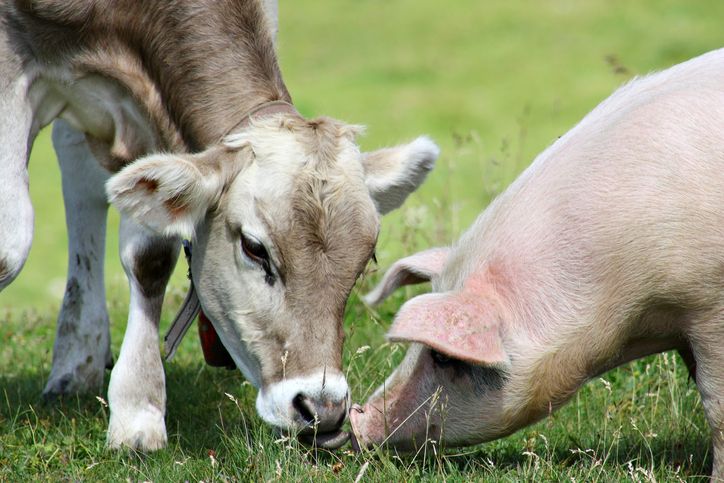- The Dutch government is mulling plans to cut the country’s number of livestock by as much as 30% in an effort to reduce nitrogen emissions and runoff.
- The government is reportedly considering measures such as forcing farmers to sell emissions rights – or even expropriating their land in an effort to drive down animal numbers, according to The Guardian.
- Friends of the Earth‘s Bram van Liere said the proposals are “a step in the right direction,” adding that the environmentalist group “would do more on buying out farmers and helping them transition to sustainable agriculture.”
- The Netherlands Agricultural and Horticultural Organization‘s Wytse Sonnema said the plans would constitute “a land grab” by the government. “Expropriation takes five to seven years before you have results […] We don’t have this time,” he added.
- Agriculture minister Carola Schouten confirmed that forced sales of emissions rights or land would be a last resort, but said some emitters “cannot carry on [as they are] so we must ensure that we have the rules that are necessary.”
Why it matters:
The Netherlands has been taking radical measures to cut nitrogen — such as lowering motorway speed limits and mothballing large-scale construction projects — since 2019, when a court ruled that the country was breaking EU law by not doing enough to reduce emissions.
Livestock emit nitrogen in the form of ammonia, which is a byproduct of their manure and urine.
The Netherlands is the EU’s leading exporter of meat, and is home to over 100 million cattle, pigs, and chickens.





